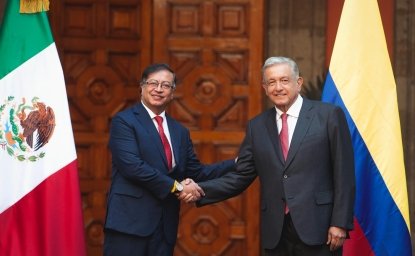Elections Amidst the Pandemic: Protecting Voters While Preserving Democracy
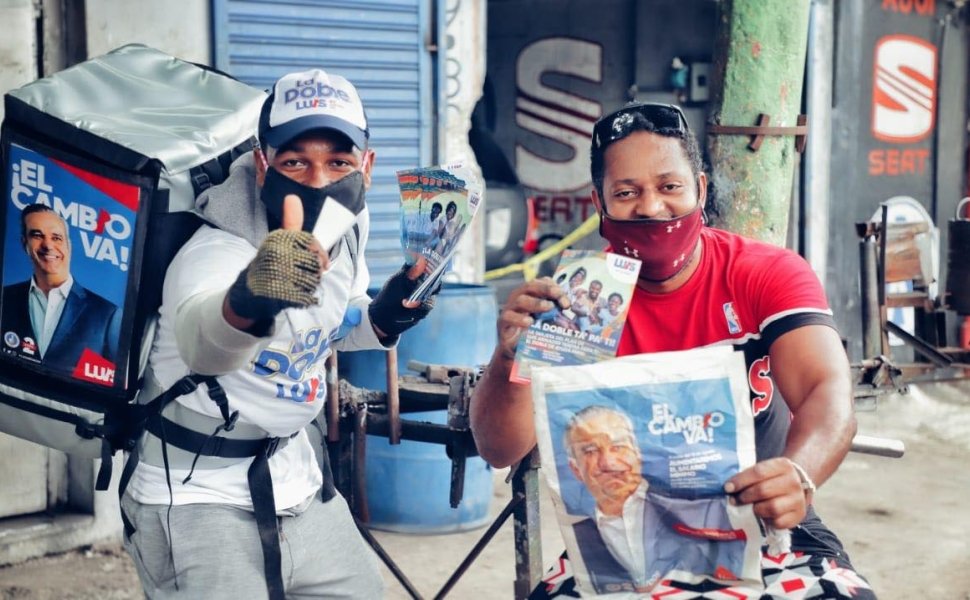
COVID-19 is challenging Latin America's fragile democracies in many ways, including the region's capacity to hold safe and fair elections. As the region struggles to contain the world's worst outbreak, several countries have postponed elections, while others have muddled through. To discuss how governments should approach elections during a pandemic, we speak to our experts and to Daniel Zovatto, the director for Latin America at International IDEA.
Available on SoundCloud; Spotify; Apple Podcasts
Listen to Previous Episodes of Americas 360
Duncan Wood
- “Whilst the pandemic that we are living through right now is unique, this is not the first time that we have had to look at elections during times of crisis. We’ve had elections during wartime, we’ve had elections during economic recessions and depressions. The fact is that we can do this but it requires innovative thinking by policymakers. It requires us to be creative. We have to make sure that we come up with hard and fast rules which are applied equally to everyone."
- What we’re seeing right now is that budgets are being slashed everywhere because of the economic crisis. I would argue this is one of the priority areas where we need to insist that policymakers direct funds towards organizing free and fair elections especially during a pandemic.
- “If we are willing to make financial transactions, to make our purchases online, I think that we must be able to get to a system in the near future where we can vote safely online as well."
Christopher Sands
- “In Canada, the decision was made shortly after the COVID outbreak to adjourn Parliament and the Prime Minister’s brought the Canadian parliament back together but only for a day or so at a time while he’s been spending billions of dollars of taxpayers' money in order to try to keep the economy going. So his government is legitimate, his election was in October before all of this struck, but increasingly the problem he has is that he’s governing in a way that doesn’t subject him to opposition."
- "I think the problem isn’t only technology. It’s also our trust in politics and our trust in the people who run our politics that makes it hard for us to make anything last minute that feels like it might be a sudden change that hasn’t been well-debated."
Cynthia Arnson
- "To continue to postpone [elections] over and over again leads to this accumulating political tension that could become quite explosive and... renewed political violence."
- "Some presidents are not able to run again. They’re limited by the Constitution to a particular term and that is the case in a number of the presidential elections that will take place in 2021... Governments are going to be criticized no matter what they do, whether they hold an election before the COVID epidemic is brought under control or whether they postpone it."
- "The only way to go about this is to take up some of the recommendations of the Organization of American States that has a quite robust electoral monitoring apparatus, and have these broad consultations, not just a decision by the government or electoral council, but broad consultations with the civil society and political parties as to when and how to move forward."
Benjamin Gedan
- "These COVID responses… require some extraordinary measures that governments are taking. They need the legitimacy of having been recently elected. You’re locking people in their homes in some of these cases as you impose these stay at home measures. Wouldn’t it be nice if the president making those determinations was one who was governing democratically because he or she had been elected and was serving a proper term."
- “The... democratic institutions are fragile too and that’s why the elections are so important. [The point about] needing to overcome the logistical challenges is right on because this is a region where democracies may not be able to survive endless delays in elections."
Ricardo Zúñiga
- "The very nature of this crisis means that public management of the health sector is probably going to be the number one issue in the minds of the electorate. The idea of denying the vote at the very time when that is the number one on the minds of so many voters would be as controversial in the Americas as anywhere else."
- “The challenge is that the traditional way of voting... in so many parts of the world including the United States is itself the risk. When the act of voting is itself… the source of infection as it may have been in case of the Dominican Republic and... in public gatherings around the world. The challenge is that so many different systems are struggling to put in place the mechanics to have a fair and verifiable vote that gains the confidence of the population during this moment of crisis."
Daniel Zovatto
- "The coronavirus crisis is having a huge impact on the health and sustainability of democracy and human rights."
- "[T]he COVID-19 pandemic is not only a health crisis: it is also a political crisis that presents a serious threat to the future of liberal democracy."
Guests


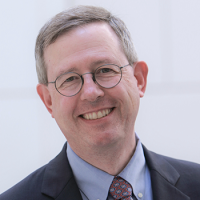

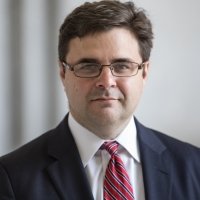
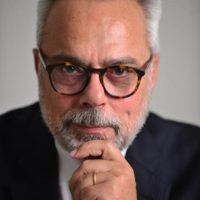
Moderator


Mexico Institute
The Mexico Institute seeks to improve understanding, communication, and cooperation between Mexico and the United States by promoting original research, encouraging public discussion, and proposing policy options for enhancing the bilateral relationship. A binational Advisory Board, chaired by Luis Téllez and Earl Anthony Wayne, oversees the work of the Mexico Institute. Read more


Canada Institute
The mission of the Wilson Center's Canada Institute is to raise the level of knowledge of Canada in the United States, particularly within the Washington, DC policy community. Research projects, initiatives, podcasts, and publications cover contemporary Canada, US-Canadian relations, North American political economy, and Canada's global role as it intersects with US national interests. Read more


Latin America Program
The Wilson Center’s prestigious Latin America Program provides non-partisan expertise to a broad community of decision makers in the United States and Latin America on critical policy issues facing the Hemisphere. The Program provides insightful and actionable research for policymakers, private sector leaders, journalists, and public intellectuals in the United States and Latin America. To bridge the gap between scholarship and policy action, it fosters new inquiry, sponsors high-level public and private meetings among multiple stakeholders, and explores policy options to improve outcomes for citizens throughout the Americas. Drawing on the Wilson Center’s strength as the nation’s key non-partisan policy forum, the Program serves as a trusted source of analysis and a vital point of contact between the worlds of scholarship and action. Read more


Brazil Institute
The Brazil Institute—the only country-specific policy institution focused on Brazil in Washington—aims to deepen understanding of Brazil’s complex landscape and strengthen relations between Brazilian and US institutions across all sectors. Read more


Argentina Project
The Argentina Project is the premier institution for policy-relevant research on politics and economics in Argentina. Read more

Related Episodes
Browse all episodes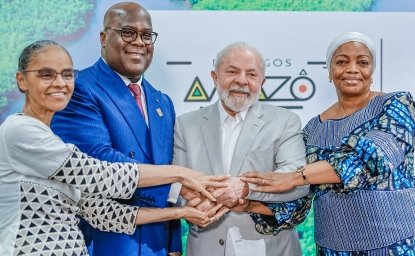
Brazil and the Future of the Amazon
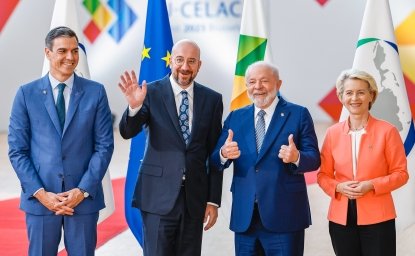
Europe and the Americas: The Road Ahead for Transatlantic Cooperation
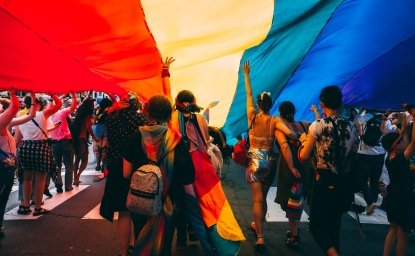
LGBTQ+ Rights in the Americas: Progress and Remaining Challenges
